Your curves are powerful and they always have been.
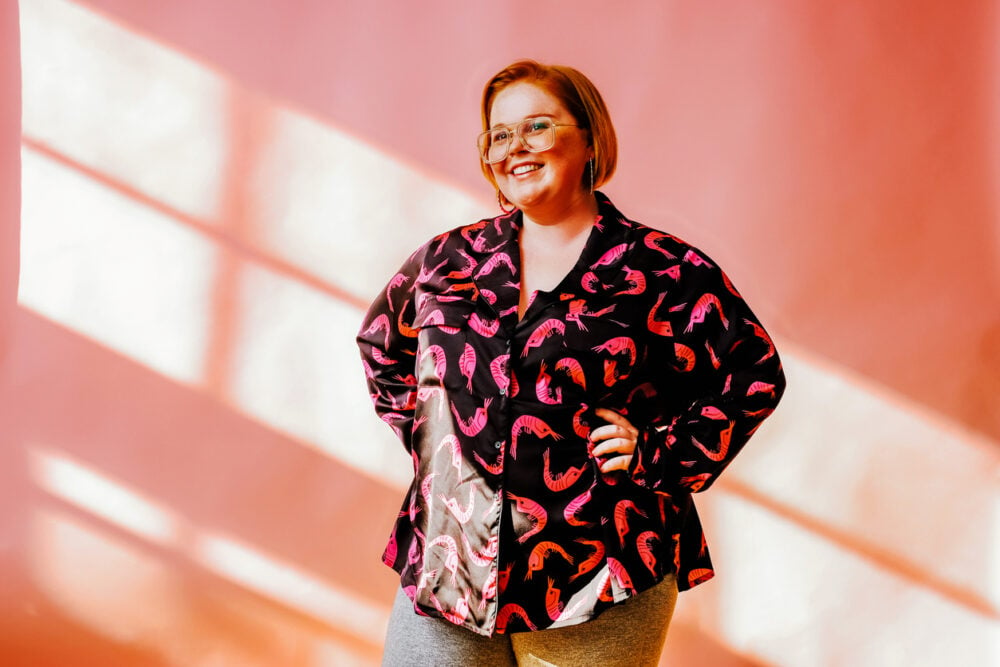
Before you learned to pick yourself apart, your body was just your body. It moved. It played. It laughed. It held you through everything. But somewhere along the way, other people’s opinions started talking louder than your own. Ads, weigh-ins, side comments from relatives, health classes that framed fat as failure. You were taught to measure your worth by the space you took up—and then told to make that space smaller.
But what if the problem was never your body at all? What if it was a culture so obsessed with control that it mistook softness for weakness and power for threat? Fat isn’t dangerous. Fat isn’t shameful. Fat is texture, history, protection, rebellion, expression. This isn’t about settling or giving up—it’s about reclaiming the truth you were never given. Your body has always carried power. These are just ten reasons to start believing it again.
1. Your body is not a before picture.
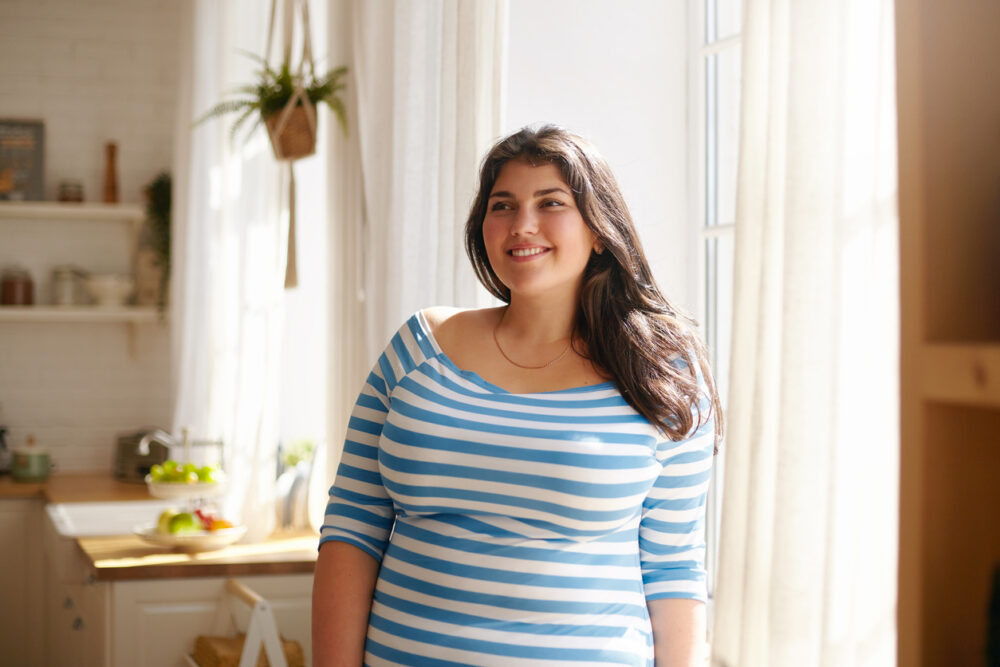
You’ve been taught to see your body as a project. Something to fix, shrink, or sculpt into a version worthy of praise. Alexandra Dane writes in Fat Studies that dominant media narratives often portray fat bodies as transitional—something to change, rather than something to accept or celebrate. But you’re not in limbo. This isn’t the prequel to a better you. This is your body, now, and it deserves respect in its current form.
Living in a fat body doesn’t mean waiting to be proud. It doesn’t mean apologizing with clothes or hiding in photos. You’re not a work in progress. You’re a full story. Every curve, roll, and stretch mark is proof of life. You carry experiences, not flaws. And your worth isn’t measured by how close you are to an imagined “after.” That idea only exists to sell you solutions for problems you never asked to have. Your body doesn’t need a makeover to matter. It needs recognition.
2. Fat isn’t unhealthy by default.

One of the most damaging lies is that fat automatically means sick. But weight alone doesn’t determine health—plenty of thin people live with chronic illness, and plenty of fat people are strong, active, and healthy. The real issue is how often healthcare providers reduce patients to numbers on a scale, ignoring symptoms, delaying treatment, and creating stigma disguised as concern.
According to Brittney M. Ginsburg and colleagues in StatPearls, weight bias in healthcare often results in providers overlooking or misattributing symptoms, leading to delays in diagnosis and inadequate care. That delay can be deadly.
It’s not fat that harms people—it’s the bias they encounter at the doctor’s office. Health is a spectrum, shaped by access, stress, genetics, and environment. When we stop treating size as a diagnosis, we make space for actual healing. Fat bodies are not ticking time bombs. They are full, dynamic, and deserving of real medical respect—not judgment.
3. Your curves are not an invitation for judgment.
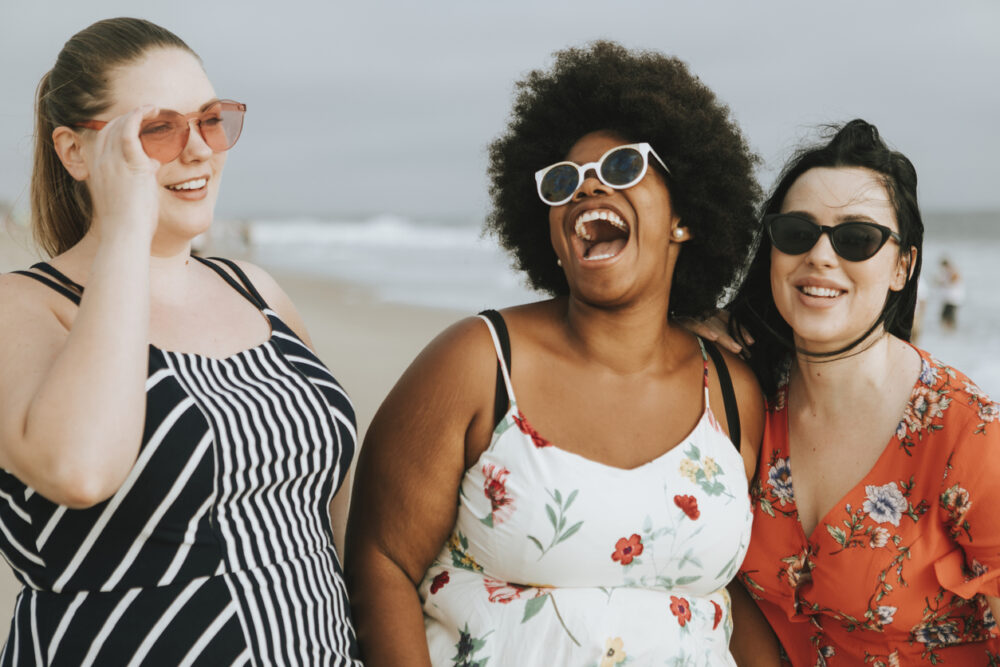
There’s this cultural assumption that fat bodies are up for public commentary. Strangers offer unsolicited advice. Friends disguise criticism as concern. Family members push diets like it’s an act of love. As Kate Manne argues in The Guardian, fatphobia encourages the belief that larger bodies are fair game for judgment and intervention, stripping people of basic bodily autonomy. And that message is everywhere.
But your body was never meant to be a conversation starter. You don’t exist to make others comfortable. Your curves aren’t an open invitation for stares, jokes, or advice you didn’t ask for. You don’t owe anyone an explanation, a health plan, or a timeline for change. Curves don’t equal failure—they reflect a body that exists, moves, and survives in a world that’s constantly trying to shrink it. Taking up space is not the problem. The pressure to apologize for it is.
4. Diet culture depends on your insecurity.
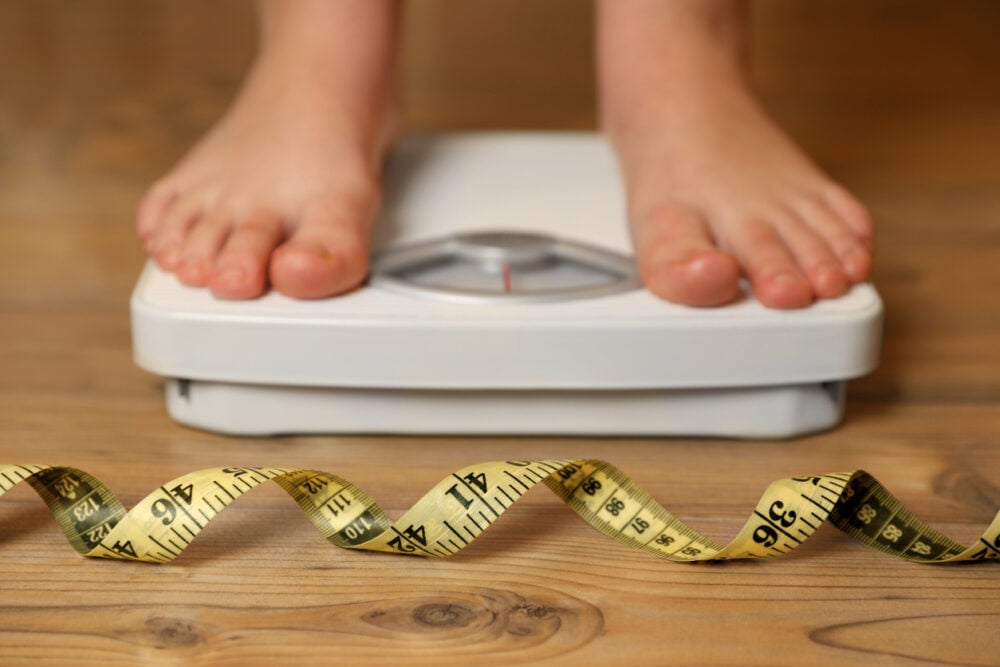
The beauty and fitness industries are worth billions for a reason—they’re built on convincing you that your body needs fixing. Every time you scroll, walk past a product display, or overhear a conversation about “getting summer ready,” you’re being sold the idea that thinness equals success. The system works best when you’re constantly chasing something you can’t quite reach.
And it keeps moving the goalposts. One year it’s low-fat, the next it’s low-carb. Bodies go in and out of fashion like clothes. And through all of it, the message stays the same—you’re never enough as you are. But that insecurity wasn’t born in you.
It was planted, nurtured, and monetized. Rejecting that message doesn’t mean giving up on yourself. It means refusing to be controlled. When you stop feeding a system that profits from your self-doubt, you reclaim a power that was always yours.
5. Clothing sizes are arbitrary—but the shame is real.
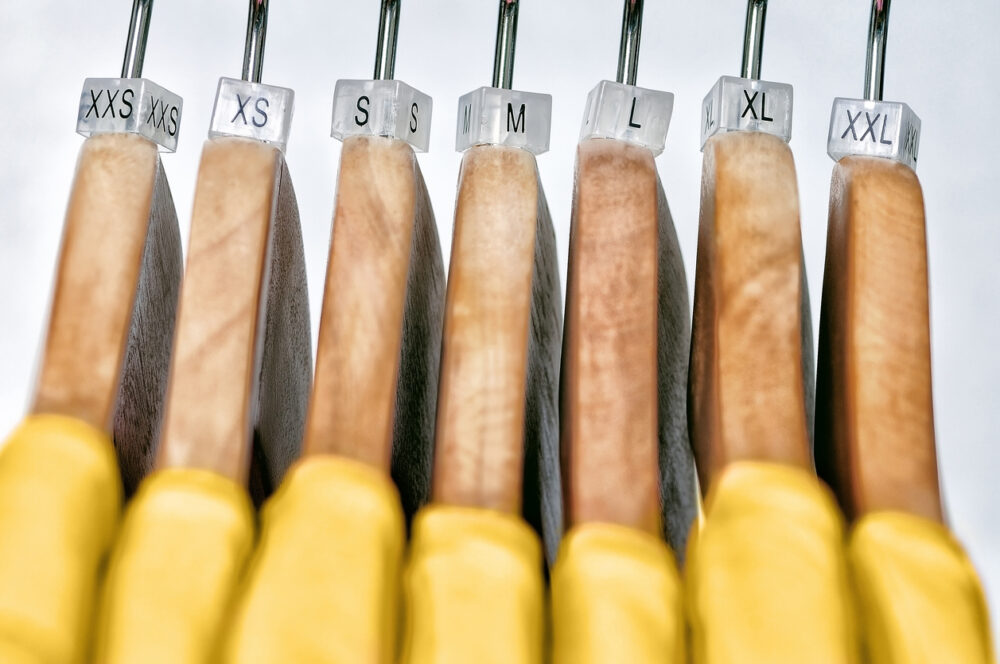
You can be one size in one store and two sizes bigger in another. Clothing sizes were never about consistency—they were about control. Yet we internalize them like they say something meaningful about who we are. That number on the tag becomes a source of pride or shame, even when it’s completely made up. And it doesn’t stop there. Many stores don’t even carry extended sizes, as if fat bodies don’t deserve clothes that fit, flatter, or express style.
That absence sends a message: you don’t belong here. But the issue isn’t your body—it’s the systems and standards that weren’t designed to include you. Wearing a bigger size doesn’t make you a failure. It makes you a person dressing the body you have. And that’s not shameful. That’s reality. Clothes should fit you—not the other way around.
6. Confidence isn’t about changing your body—it’s about changing your lens.
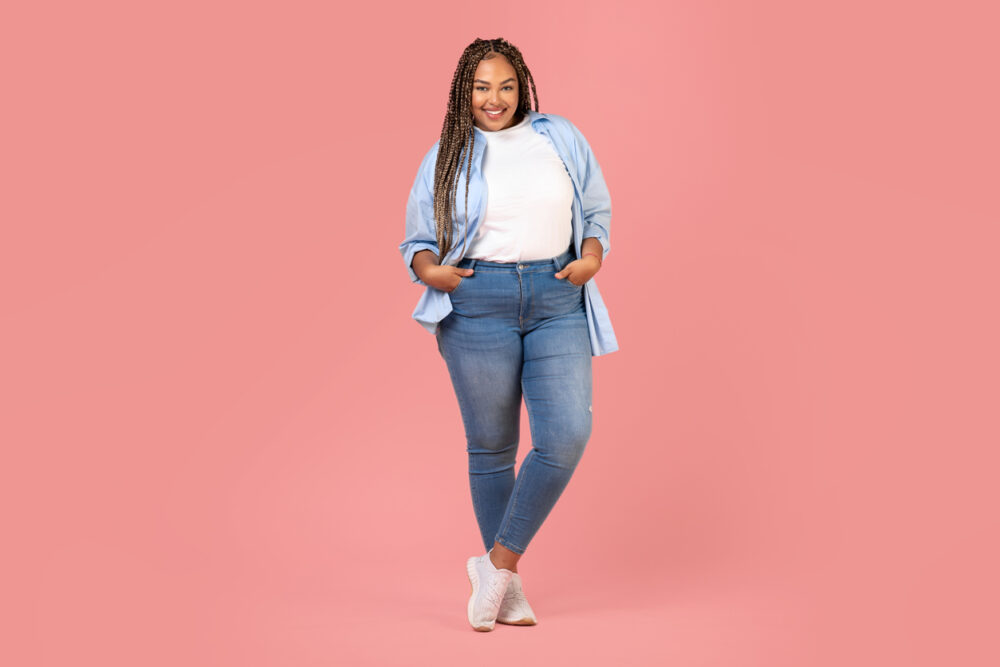
Confidence doesn’t magically appear after weight loss. That’s a lie sold by makeover shows, fitness influencers, and transformation ads. Real confidence comes from shifting the way you see yourself—not from forcing your body to meet someone else’s standards. You don’t become more worthy by changing your shape. You become more powerful by refusing to let shame decide your value.
People often wait to feel confident until they’ve “earned” it. But confidence isn’t a reward—it’s a practice. You build it by showing up, dressing for joy, speaking up, and taking up space. Every time you choose presence over apology, you reinforce it. The body you have right now is fully capable of feeling radiant, grounded, and strong. You don’t need permission. You don’t need to wait. Confidence isn’t reserved for a goal weight—it grows wherever you’re brave enough to see yourself clearly.
7. Movement should feel good—not like punishment.

Exercise gets framed as damage control. Burn off last night’s meal. Make up for a weekend “slip.” But your body isn’t a math equation, and movement doesn’t need to be transactional. When we tie exercise to guilt, it becomes punishment. And when it becomes punishment, we lose sight of the joy it can actually bring. Movement isn’t about shrinking—it’s about connecting. Stretching, dancing, walking, lifting, floating, playing. Your body was built to move in ways that feel good, not in ways that make you disappear. And yes, fat bodies can be strong, flexible, fast, coordinated, and powerful.
The problem is never your ability—it’s the messaging that tells you you’re doing it wrong until you look different. You don’t owe anyone a body transformation. You deserve to move in ways that celebrate your body, not punish it.
8. Beauty was never supposed to be this narrow.
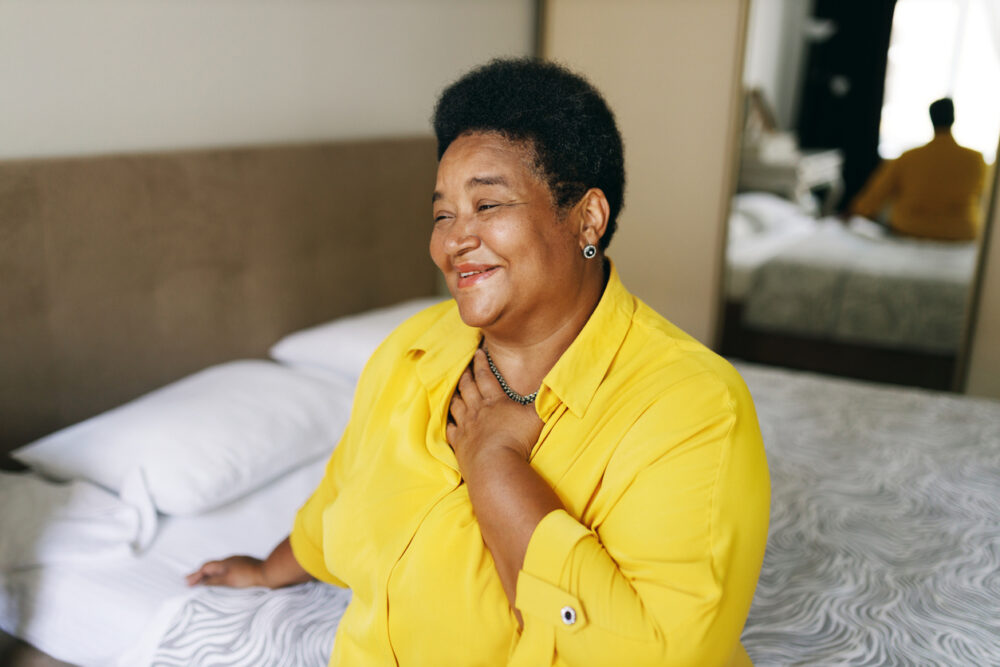
You’ve been taught that beauty has a very specific shape—slim waist, flat stomach, visible collarbones. But beauty isn’t a mold. It’s not a checklist. It’s not limited to one set of features on one type of body. What’s considered “beautiful” has shifted through time, cultures, and trends—and yet we’re still sold one version like it’s the only one that matters.
When you realize how manufactured those standards are, it becomes easier to see through them. Your roundness, your stretch marks, your softness—none of it makes you less worthy of being seen. These features are part of the human experience. And beauty isn’t about who fits in best—it’s about what radiates when someone feels at home in their own skin. Your beauty doesn’t need to be defended. It just needs to be recognized, especially by you.
9. Your body has carried you through everything.
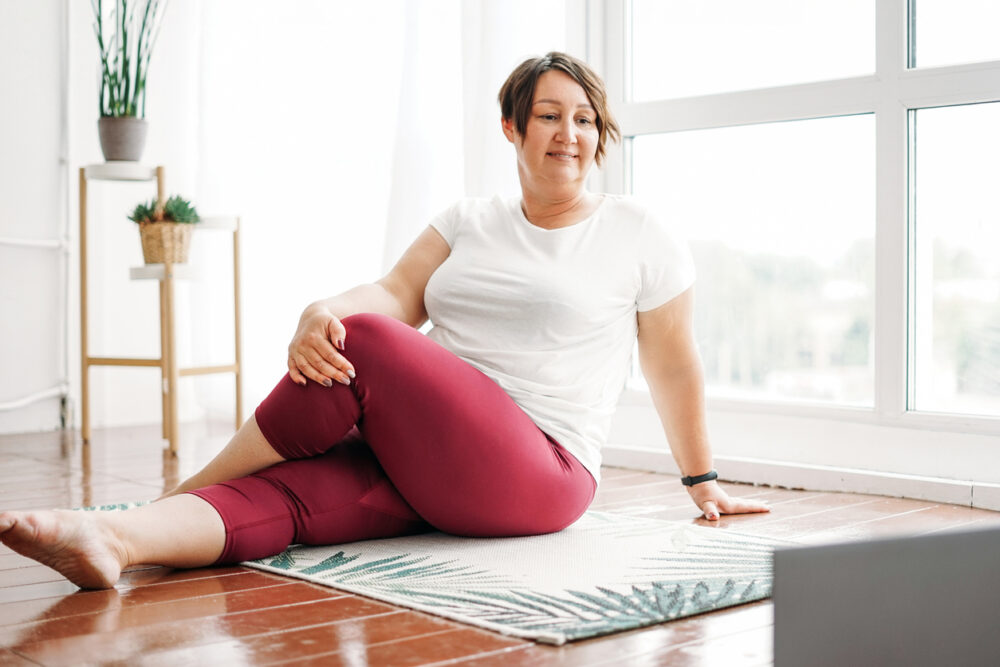
Every version of your body has gotten you here. Through illness, heartbreak, stress, joy, grief, boredom, and all the ordinary days in between. It has shown up, even when you were taught to resent it. That’s not failure. That’s loyalty. And it deserves more than criticism in return.
We’re often told to treat our bodies like projects, but rarely like partners. The truth is, your body is your longest relationship. It deserves tenderness, not just discipline. It remembers everything. It holds your stress and your strength. It’s been with you through every milestone—whether you loved it or not.
That kind of endurance is something to honor. You don’t have to feel perfect about your body to show it gratitude. You just have to notice what it’s already survived—and choose to treat it like something worth keeping.
10. Choosing self-acceptance is a radical act of power.
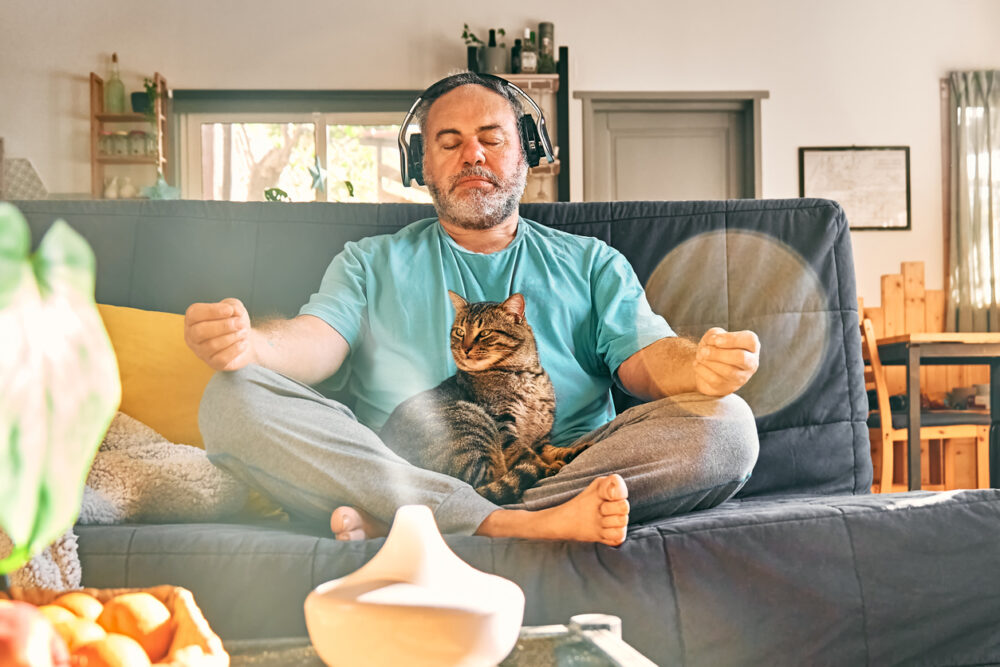
In a world built to profit off your shame, choosing to like yourself—exactly as you are—is revolutionary. It doesn’t mean you’re done growing. It means your worth is no longer up for negotiation. It means you’re opting out of a system that was never designed to let you win. Self-acceptance isn’t passivity. It’s clarity. It’s what happens when you stop handing your power to people who only see your value when you shrink. It’s what anchors you when the world keeps shifting its standards. You deserve more than endless self-correction.
You deserve peace in your skin. And yes, that peace is a threat to industries built on convincing you to hate yourself. But it’s also freedom. Deep, full-body freedom. And it starts when you decide your body was never the enemy.
